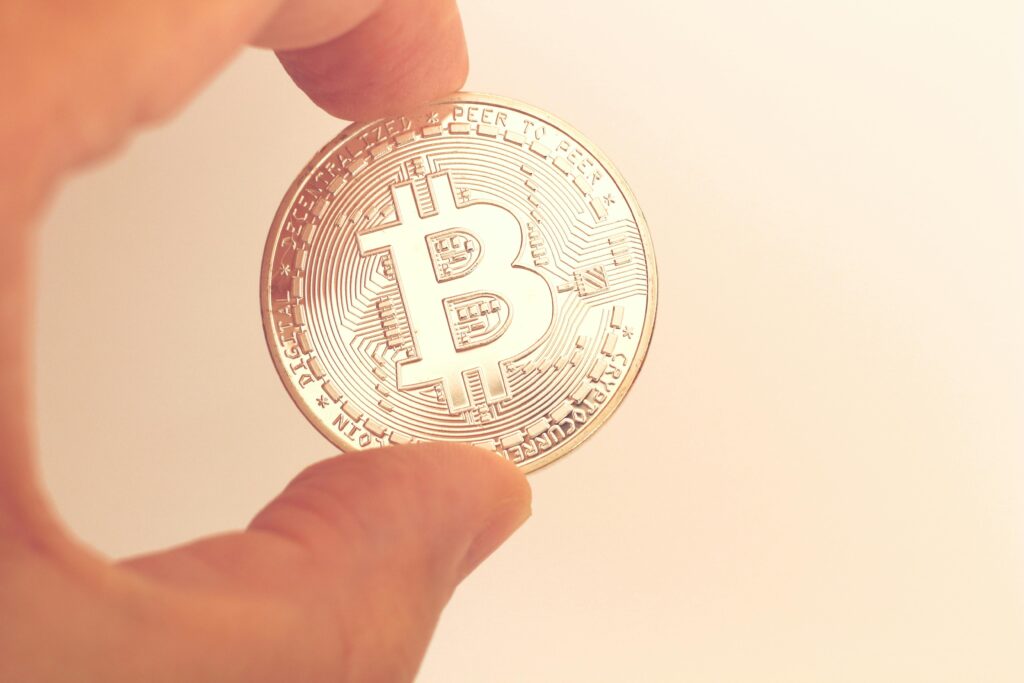How Bitcoin Benefits From Global Stresses
1. Introduction
In an era marked by economic uncertainty, political instability, and inflationary pressures, the role of cryptocurrencies, particularly Bitcoin, has come under the spotlight. This article delves into how Bitcoin benefits from global stresses and serves as a hedge against financial turmoil.

2. Understanding Bitcoin
What is Bitcoin?
Bitcoin is a decentralized digital currency that operates without the need for a central authority or intermediary. It was created in 2009 by an anonymous individual or group under the pseudonym Satoshi Nakamoto.
How does Bitcoin work?
Bitcoin transactions are recorded on a public ledger called the blockchain, which is maintained by a network of nodes through a process known as mining. Users can send and receive bitcoins securely and pseudonymously using cryptographic techniques.
3. Global Stresses and Bitcoin’s Resilience
Economic Uncertainty
In times of economic uncertainty, traditional financial assets often experience volatility and devaluation. Bitcoin, with its decentralized nature, remains unaffected by the policies of central banks and government interventions.
Political Instability
Political instability can lead to currency devaluation and capital controls, eroding the purchasing power of individuals. Bitcoin offers a borderless and censorship-resistant alternative, allowing users to store and transfer wealth securely.
Inflationary Pressures
Centralized monetary systems are susceptible to inflationary pressures, especially in times of economic stimulus and quantitative easing. Bitcoin’s fixed supply of 21 million coins makes it immune to inflationary manipulation.
4. Bitcoin as a Hedge Against Financial Turmoil
Decentralization
Bitcoin’s decentralized network ensures that no single entity can control or manipulate the currency. This decentralization fosters trust and resilience, making Bitcoin a viable hedge against financial turmoil.
Limited Supply
Unlike fiat currencies, which can be printed at will by central banks, Bitcoin has a predetermined supply cap of 21 million coins. This scarcity enhances its value proposition as a store of value and hedge against inflation.
Accessibility
Bitcoin is accessible to anyone with an internet connection, enabling individuals from all walks of life to participate in the global economy. This accessibility democratizes finance and empowers individuals to take control of their wealth.
5. Bitcoin’s Role in Diversification
Portfolio Hedging
Investors often use Bitcoin as a hedge against traditional assets such as stocks and bonds. The uncorrelated nature of Bitcoin’s price movements provides diversification benefits and reduces overall portfolio risk.
Asset Allocation Strategies
Institutional investors and fund managers are increasingly incorporating Bitcoin into their asset allocation strategies to enhance risk-adjusted returns. Bitcoin’s low correlation with other asset classes makes it an attractive addition to diversified portfolios.

6. Adoption of Bitcoin in Challenging Times
Institutional Investors
Institutional adoption of Bitcoin has surged in recent years, with hedge funds, family offices, and corporate treasuries allocating capital to Bitcoin as a hedge against macroeconomic risks.
Retail Investors
Retail investors are also flocking to Bitcoin as a store of value and a hedge against currency devaluation. Platforms offering easy access to Bitcoin, such as exchanges and payment apps, have witnessed a surge in user adoption.
7. Challenges and Considerations
Volatility
Bitcoin’s price volatility remains a concern for some investors, as sharp fluctuations can lead to substantial gains or losses in a short period. Risk management strategies, such as dollar-cost averaging and portfolio rebalancing, can mitigate this volatility.
Regulatory Concerns
Regulatory uncertainty surrounding Bitcoin remains a key challenge, as governments grapple with how to classify and regulate cryptocurrencies. Clarity and consistency in regulatory frameworks are essential for fostering mainstream adoption.
8. Conclusion
In conclusion, Bitcoin’s decentralized nature, limited supply, and accessibility position it as a hedge against global stresses such as economic uncertainty, political instability, and inflationary pressures. As institutional and retail adoption continues to grow, Bitcoin is likely to play an increasingly significant role in diversified investment portfolios.
9. FAQs
Q1: Is Bitcoin a safe investment during times of global crises?
A1: While Bitcoin offers potential benefits as a hedge against financial turmoil, investors should carefully assess their risk tolerance and investment objectives before allocating capital to Bitcoin.
Q2: How can I buy Bitcoin?
A2: Bitcoin can be purchased on cryptocurrency exchanges, peer-to-peer platforms, and through Bitcoin ATMs. It’s essential to choose a reputable platform and practice proper security measures when buying and storing Bitcoin.
Q3: Does Bitcoin have intrinsic value?
A3: Bitcoin’s value derives from its scarcity, utility as a medium of exchange, and network effects. While it lacks intrinsic value like commodities such as gold, its properties make it a unique store of value.
Q4: What are the risks of investing in Bitcoin?
A4: Risks associated with Bitcoin include price volatility, regulatory uncertainty, security breaches, and technological vulnerabilities. Investors should conduct thorough research and exercise caution when investing in Bitcoin.
Q5: Can Bitcoin replace traditional fiat currencies?
A5: While Bitcoin has the potential to disrupt traditional financial systems, widespread adoption as a medium of exchange faces challenges such as scalability, volatility, and regulatory hurdles.




